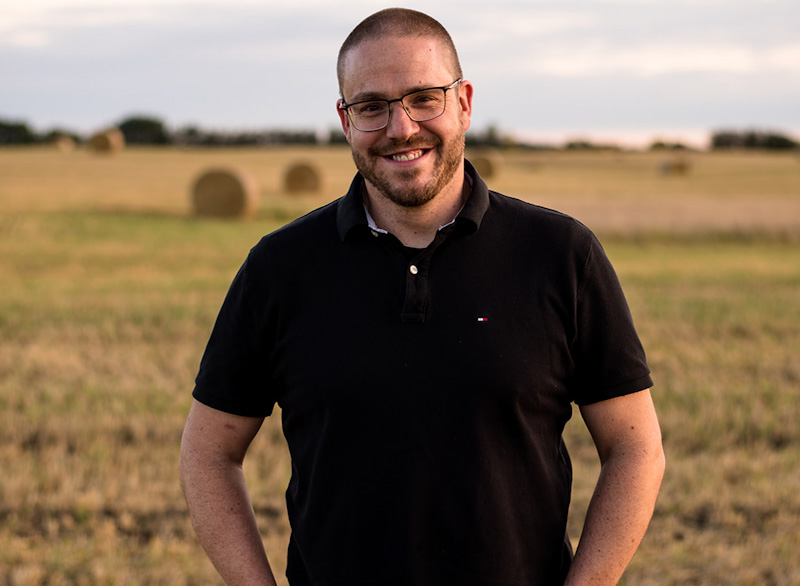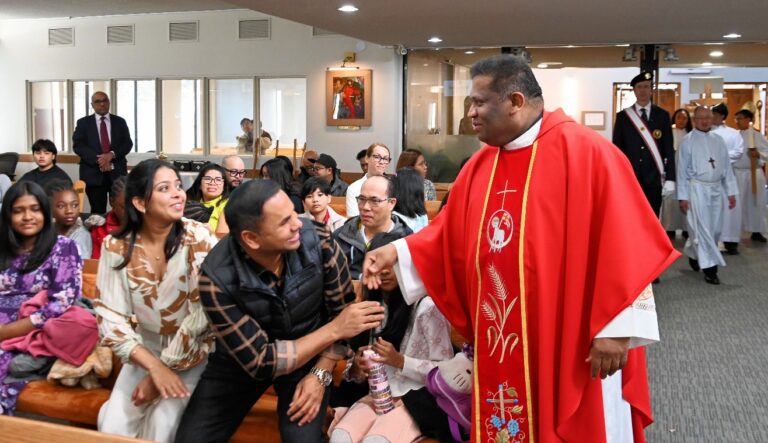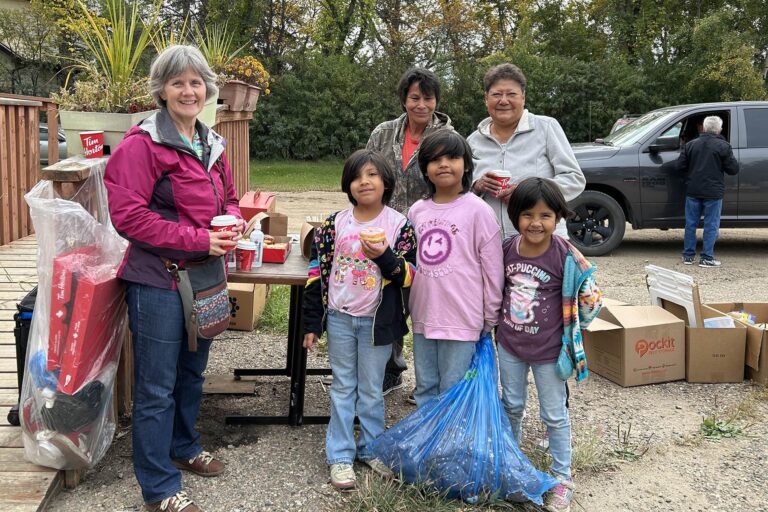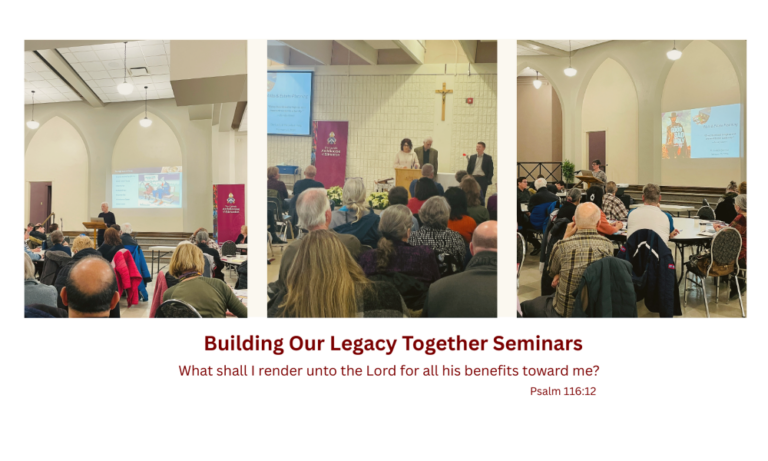In St. Paul’s letter to Timothy, Jesus is described as the “blessed and only Sovereign, the King of kings and Lord of lords” (1 Tim 6:15). The idea of Jesus as the king over all other kings is expressed often in our faith, most notably as we honour the ‘newborn king’ at Christmastime and at the end of the liturgical year, when we celebrate the feast of Jesus Christ, King of the Universe.
For many of us there is a danger that, not really understanding the role of a monarchy, we might miss some of the rich meaning of this celebration. While we do have formal ties to the Queen of England, much of our experience of the monarchy’s role in Canada is pomp and circumstance (and often a lot of gossip). None of this helps us understand what the Church means when we honour Jesus as our King. We need to look to other sources.
One such example is found in C.S. Lewis’ Chronicles of Narnia. While the Chronicles tell us of many different kings and queens throughout the seven books, the The Magician’s Nephew offers some specific insight into how we might see Jesus as our king. This book introduces us to the land of Narnia, Aslan, the white witch, the talking beasts, and the origins of a wardrobe that will play an important role in a later story. We also hear of the coronation of the first monarchs in Narnia: King Frank & Queen Helen. Frank, who had previously been a London cab driver, feels unqualified and undeserving of such an honour.
Aslan responds by asking Frank five questions. These questions give us a sense of how C.S. Lewis understood the office of a monarch … which we can assume was strongly influenced by his own faith in Jesus Christ, King of the Universe. To put it simply: Jesus exemplifies every one of the things Aslan asks of King Frank.
“Can you use a spade and a plough and raise food out of the earth?”
While there is a practical element to Aslan’s question – Narnia is brand new, and Frank is going to have to establish things like agriculture, there’s a deeper question here. Is the king willing to do his share of the work? While Jesus may never have used a spade and a plow, there was no task he wouldn’t undertake, no circumstance that was beneath him. We see this first in the beautiful mess of His birth (Luke 2:7). He would often have gotten his hands dirty as a child, learning carpentry at St. Joseph’s side. At the Last Supper, we hear that Jesus got on His knees to wash dirty feet (John 13) – a chore normally reserved for the lowliest servant in a house.
“Can you rule these creatures kindly and fairly, remembering that they are not slaves like the dumb beasts of the world you were born in, but Talking Beasts and free subjects? And would you bring up your children and grandchildren to do the same?”
St. Paul views his calling as an apostle not as one of power or authority, but in the context of stewardship (1 Corinthians 4:1). When Aslan asks Frank to treat the creatures of Narnia fairly and as free subjects, he is reminding Frank that a king’s power is not absolute. Frank is never to take the Kingdom entrusted to Him for granted and will, someday, give an account for how he cared for the kingdom and his subjects. Jesus does the same throughout His ministry. He looks out for the poor and lowly (Mark 2:17) and still has time to dialogue with Nicodemus, a Pharisee. We see this perhaps most clearly when, at the very moment of His arrest, Jesus looks out for the safety of His disciples (John 18:8).
“And you wouldn\’t have favourites either among your own children or among the other creatures or let any hold another under or use it hardly?”
National leadership in any era can be influenced by lobbyists and special interest groups. This was true in Biblical times and remains true today. It is also something Aslan wants Frank to avoid. The request of James & John to sit at Jesus’ left and right hands (Mark 10:35-45) is an attempt to gain special privileges from their relationship with Jesus – something for which the Lord strongly admonishes them. Jesus isn’t a king who chooses favorites. He loves all of us, but also loves each of us totally and uniquely. St. Augustine explains this beautifully, reminding us that “God loves each of us as if there were only one of us.”
“And if enemies came against the land (for enemies will arise) and there was war, would you be the first in the charge and the last in the retreat?”
In many medieval stories, you can often tell the good kings from the bad ones based on where they stand during battles. Good, heroic kings are willing to die in the trenches beside their soldiers. The villainous ones send soldiers into battle while observing the battle in safety, ready to retreat if the battle was to turn against them. Again, this is precisely what Jesus does for us. He does so by being born into this life and stepping into the battle alongside us. He does so by the Good News Jesus proclaimed in word and in deed. And He does so by that sacrifice which brings us freedom from sin and death.
In every prayer and celebration where we honour Jesus as our King, it’s worth taking some time to reflect on how our own perceptions of royalty and power shape our understanding of Jesus. Jesus is not a king like those leaders we know from both fiction and the real world, concerned with their reputations or clinging to worldly power. The fictional conversation between Frank and Aslan helps us to see a different sort of king with a different sort of power, one to whom we should all bow our knee with gratitude (Philippians 2:10).
“In what does this “power” of Jesus Christ the King consist? It is not the power of the kings or the great people of this world; it is the divine power to give eternal life, to liberate from evil, to defeat the dominion of death. It is the power of Love that can draw good from evil, that can melt a hardened heart, bring peace amid the harshest conflict and kindle hope in the thickest darkness.” -Pope Benedict XVI
— Mike Landry is chaplain to Evergreen Catholic Schools west of Edmonton, and serves as an occasional guest speaker and music minister in communities across Western Canada. Mike and his wife Jennifer live in Stony Plain, Alta. with their five children.




